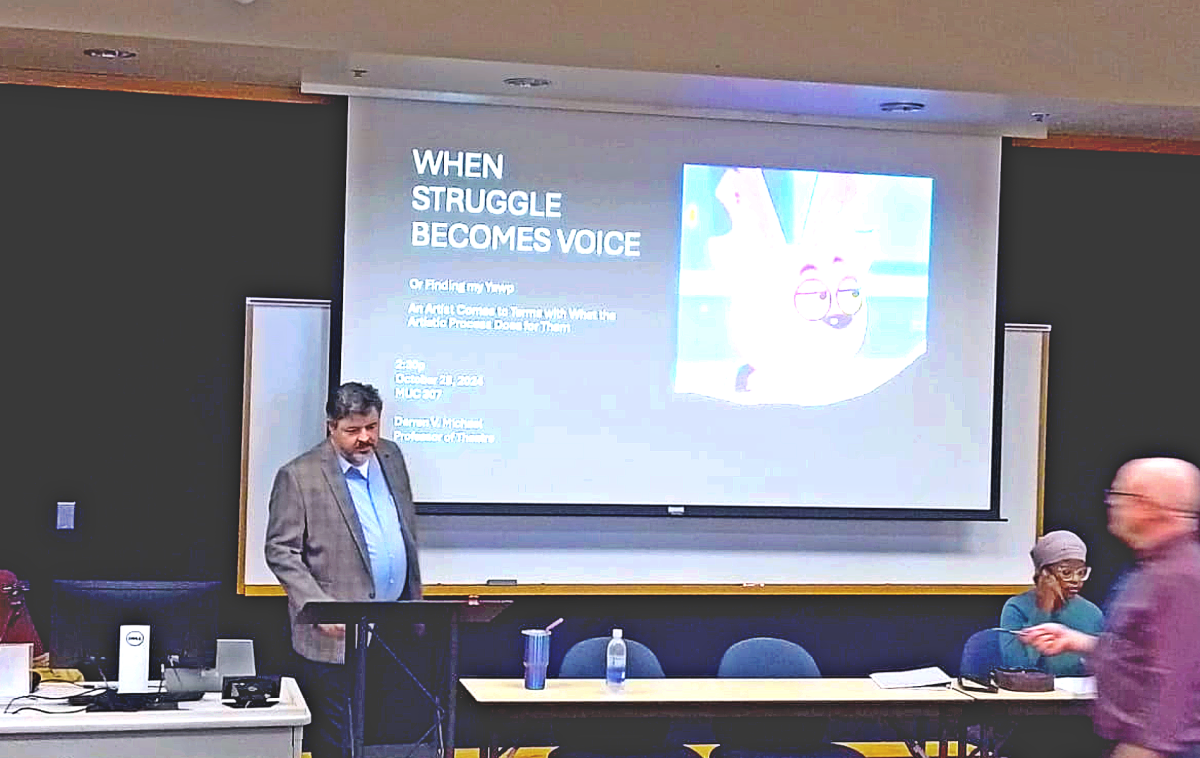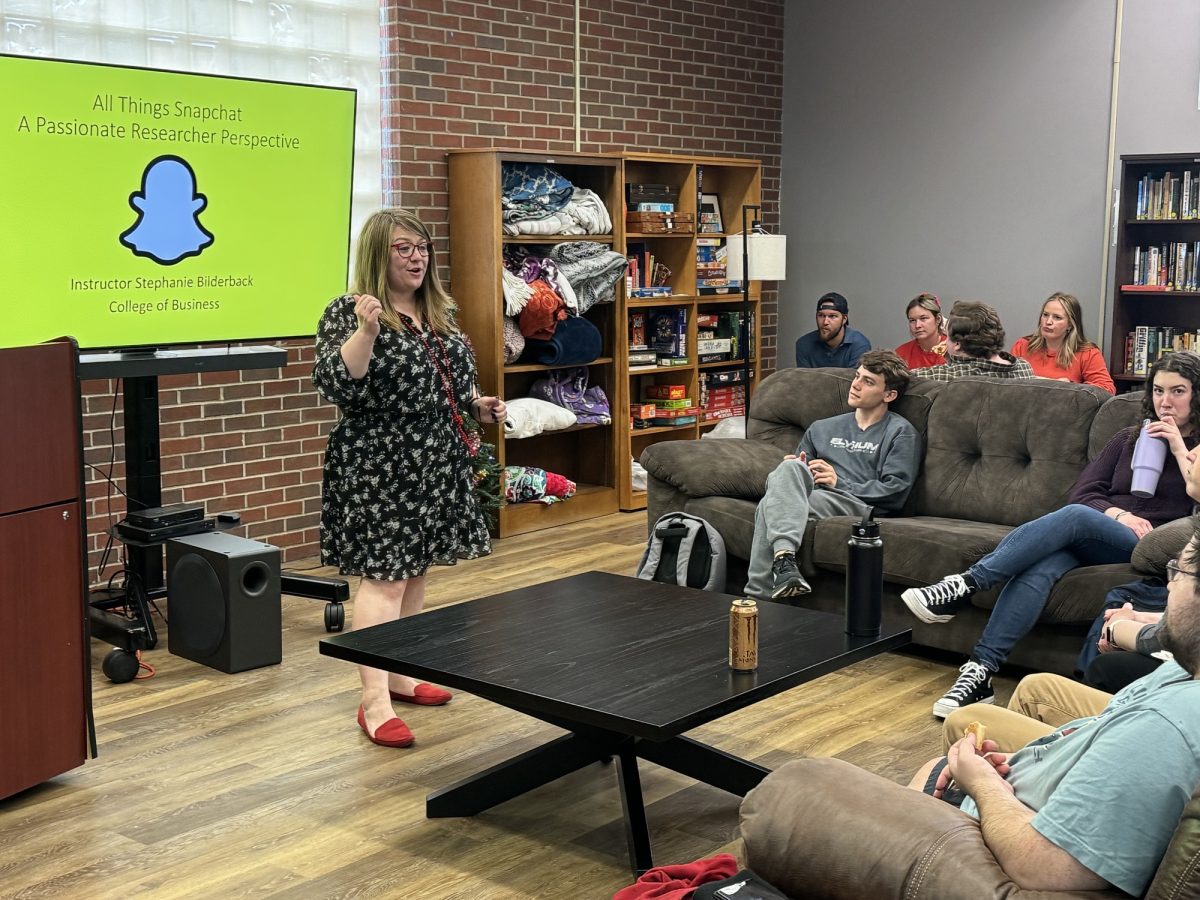Many studies suggest studying a foreign language promotes a healthy mind and increases a person’s potential lifetime earnings, but because of budget cuts in primary schools and constricting course of study plans, many APSU students do not study a foreign language as undergraduates.
Depending on the difficulty of the language, a person’s natural ability and the amount of time devoted to learning a new language, a person could become fluent in a foreign language in as little as 10 months or as long as eight years.
However, some ask, “Do the benefits of knowing a second language make the time and effort worthwhile?”
Beatrix Brockman and Karen Sorenson, who both hold Ph.D.s in their respective fields of German and French studies, said such is the case. “Whether you plan to be an educator, a social worker, a businessperson or a health care worker, speaking one or more foreign languages may make it possible to speak to clients, students or community members, and it may make it possible for you to better understand their perspectives and viewpoints,” Sorenson said.
Sorenson began studying French in eighth grade after hearing about France from her grandfather, who served in France during World War I. She did not originally intend to become a professor of French but decided to take advantage of a study abroad opportunity to Brittany, France, while she was in college. Now she holds a Ph.D. in French studies from Vanderbilt University.
Brockman is originally from Germany and came to the U.S. when she was 40 years old. Her second language is English, which she was taught in school beginning in fifth grade. It is commonplace for a foreign language to be added to the curriculum by seventh grade in Germany.
“This is one of the reasons Germany is so strong on the world markets – because most people know how to navigate around other cultures and in other languages,” Brockman said. “I strongly believe that whatever a student’s major, which hopefully is his or her passion, it needs to be supplemented by the ability to talk about it.” Brockman earned a B.A. and M.A. from APSU and a Ph.D. from Vanderbilt in German studies.
Freshman chemistry major Timothy Donahoo said Chinese would be helpful to him in case he ever wanted to talk to someone from another country about their research.
“It’s ultimately useful to know some of a different language,” Donahoo said.
However, Donohoo also said, “Students shouldn’t be required to take a foreign language if it doesn’t concern their major and they don’t have room for it,”
Richard Lees is a sophomore French major and plans on pursuing a career in international relations. He said he chose to study a foreign language because he enjoys traveling and speaking with the people of the country he’s visiting. Additionally, one side of his family is from Europe.
“Cultural exchange has been a constant part of my life, and speaking another language is a way for me to expand my cultural awareness,” Lees said.
Donahoo discussed his problems with fitting in a foreign language.
“Because I potentially don’t have room for it with my major and minor [I’ve chosen to forego studying a foreign language],” Donahoo said. Therein lies a big obstacle in studying a foreign language: Time.
Students like Donahoo who are working toward a B.S. and are not required to take a foreign language, and although Donahoo said it would be useful, he probably won’t go on to pursue foreign language study during his time at APSU.
“With the push in Tennessee to have students graduate with 120 hours and the course requirements of some majors, it can be difficult to fulfill certain degree requirements,” Brockman said.
“Sometimes one has to look beyond finishing college and at a career choice to see if having language skills in one’s portfolio may not be worth adding the necessary hours to become a global citizen.”
This raises the question if the system of general education requirements is flawed in itself.
“Talking to one of our latest French exchange students, Laurie Valvérdi, gave me insight on [the French] university experience” Lees said. “They have three years, but in each level, they [the requirements] are content-specific. So general education classes aren’t a major part of the curriculum.”
Students can find out more about APSU’s course offerings in foreign languages on the Languages and Literature Department webpage and browse study abroad opportunities on the study abroad and exchange programs webpage under the Office of International Education.



















